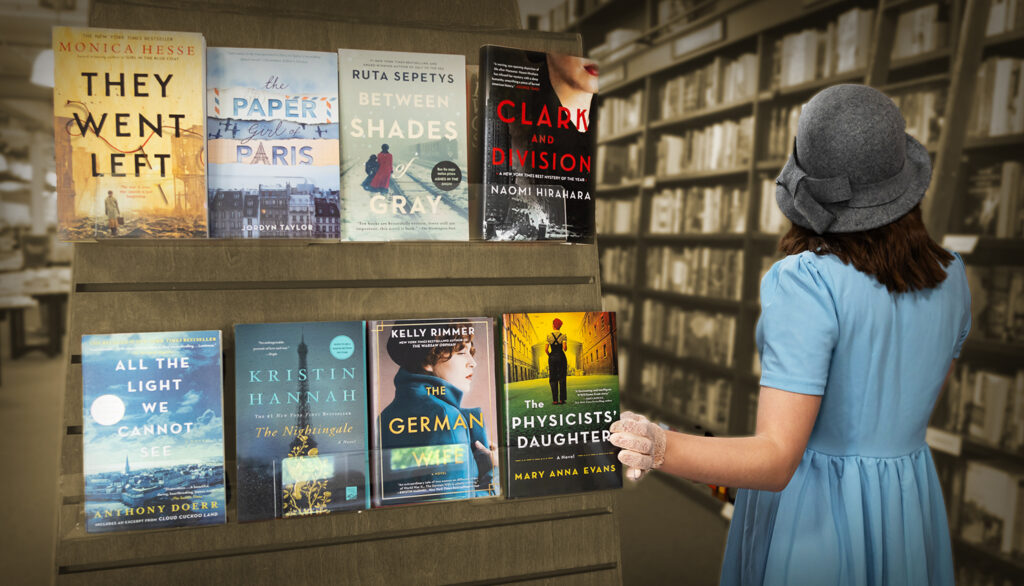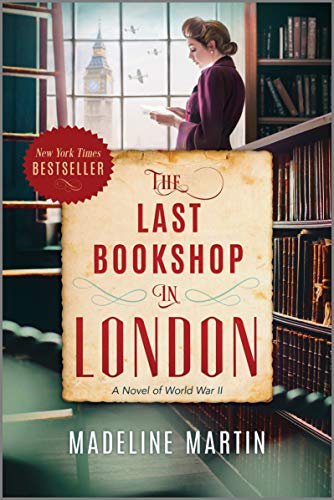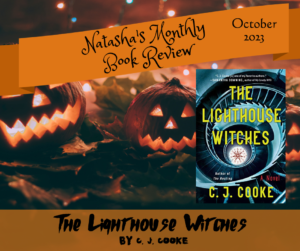Historical fiction hasn’t been a genre I’ve read heavily in since high school or college. I may pick up a book here or there, like Daphne du Maurier’s Jamaica Inn, or Tyrant by Christian Cameron, but they aren’t the type of book that you see propped up on beautiful displays at Barnes and Noble. Most of the time as I’m strolling along the aisles and I see a sign reading “Historical Fiction” propped up amongst a table of books, they all generally feature the same sorts of covers: A woman, maybe a child, looking forlornly out a window or over a city, with old fighters or bombers flying overhead.

It would seem that melodramatic WWII fiction is all the rage. And it really isn’t my thing.
I’ve got nothing against it. I just happened to read so many WWII books, fiction and nonfiction, throughout my school years that I’ve been a bit burnt out on them.
So when I was in the mood to read something different, I wasn’t expecting to pick up and enjoy one of the popular WWII novels that I’d consistently passed up, but both my mother-in-law and father-in-law insisted that Madeline Martin’s The Last Bookshop in London was a book I’d fall in love with. On their advice, I took a trip to the book store and purchased it, then proceeded to fly through it over the course of the next week.
Synopsis
August 1939: London prepares for war as Hitler’s forces sweep across Europe. Grace Bennett has always dreamed of moving to the city, but the bunkers and drawn curtains that she finds on her arrival are not what she expected. And she certainly never imagined she’d wind up working at Primrose Hill, a dusty old bookshop nestled in the heart of London.
Through blackouts and air raids as the Blitz intensifies, Grace discovers the power of storytelling to unite her community in ways she never dreamed—a force that triumphs over even the darkest nights of the war.
Thoughts
I think for me, when I think of WWII historical fiction, I think of stories that are bleak and heavy and depressing. They aren’t typically something I want to escape into. I was pleasantly surprised to find that The Last Bookshop in London was nothing of the sort. In fact, it turned out to be what was perhaps the coziest WWII book I could have imagined.
While there are certainly sad moments, and while the hardships of life in London during the Blitz are shown, they aren’t dwelt upon. This isn’t a book written to leave the reader with a heavy heart. Instead, it shows a more rounded depiction of life in London at the time. There are moments of joy and happiness amidst the trouble. And even when bombs rain down death and destruction, the city and its communities come together with a strength and courage and hope that cannot be deterred.

The characters in the novel are lovable. Grace is a heroine you can cheer for, as is her friend Viv. The woman whose apartment she shares, Mrs. Weatherford, is warm and determined and a force to be reckoned with (in a good way). Mr. Evans, the owner of the book shop Grace ends up working for, grows on you. He puts up a tough front at first, but even then, the reader can tell there is a good heart buried within. There is a very minor romantic element, but it in no way overshadows the book or detracts from the story.
As a writer and reader, I particularly enjoyed the theme of how books and stories can act as a type of medicine for those who are hurting, a light for those who find themselves enmeshed in the darkness of uncertain times.
The book was a quick and easy read. It wasn’t overly deep, and it certainly wasn’t trying hard to be literary or make a complicated statement, something I truly appreciated. When I finished the book, despite having teared up a few times throughout, I’d felt better and more hopeful. That was something I wouldn’t have expected from a WWII novel, and it was a lovely surprise.

My in-laws were right. I did fall in love with this book.
I’d recommend it to anyone who enjoys historical fiction, anyone who likes hopeful stories, and anyone who enjoys a warm cast of characters that you can cheer for and that you wished you really knew. So if historical fiction isn’t your thing, and you find yourself needing a change of pace, give this book a go. I think you’ll come away from it feeling all the better!




